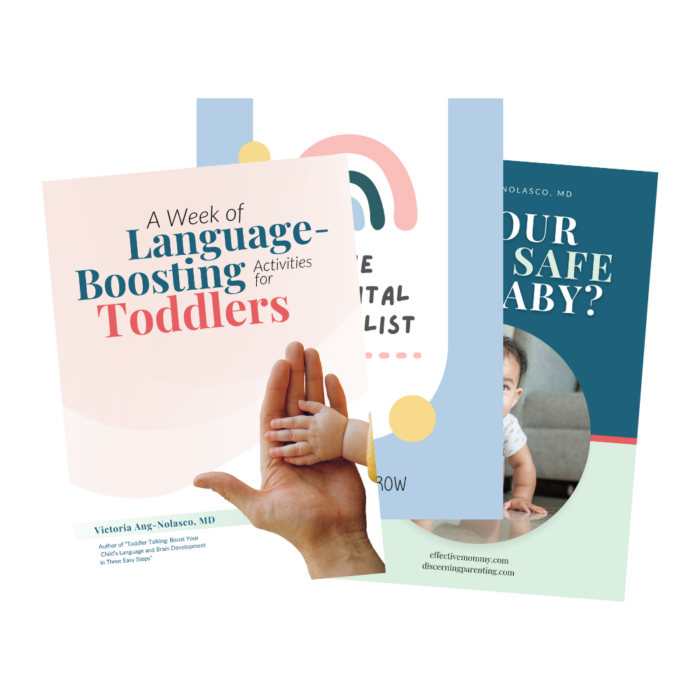Nurturing Social Skills and Emotional Resilience in Preschoolers
In today’s fast-paced world, where academic success often takes center stage, it’s easy for parents to overlook the importance of nurturing social and emotional skills in their preschoolers. However, as educators and experts like Candy Chan emphasize, these skills are foundational for a child’s overall development and readiness for school.
In a recent conversation, Candy Chan, an Oxford Brain Story Certified educator, Emotional Intelligence Life Coach, and Health and Wellness Coach, shared valuable insights into what children need to develop during their preschool years. One of the most critical aspects, she highlighted, is the cultivation of social skills.
“At a young age, how to prepare them? What do they need to be equipped with when they’re at preschool age? So when they go into preschool, we know that parents can teach many things, all the academics can be taught at home, right? But all the social skills would be the most important part to learn at a preschool,” Candy emphasized.

She delved into the importance of teaching children how to navigate social interactions, such as asking to join others in play, handling rejection, and problem-solving. Candy emphasized the need for parents and educators to provide scripts and guidance to children, helping them build confidence and resilience in social situations.
She also addressed the challenges faced by preschoolers, particularly those born during the pandemic, who may exhibit heightened anxiety and slower adjustment to school environments. She highlighted the importance of creating a supportive and nurturing atmosphere to help children cope with these challenges effectively.
Furthermore, Candy underscored the need to strike a balance between academic rigor and play-based learning. While academic skills are essential, she emphasized that play serves as a powerful tool for holistic development, fostering creativity, problem-solving, and social-emotional growth.
“When they play, they can do problem-solving. Puzzle is problem-solving. When they play like Tangram, that is math. They do the problems,” Candy explained. “We don’t want to stress on academics. Academics can be integrated in play. We call it purposeful play.”
Free RESOURCE LIBRARY
Sign up below and get FREE access to the Discerning Parenting Resource Library!

In addressing parental concerns about academic milestones, particularly reading, Candy urged parents to focus on fostering a love for reading rather than solely prioritizing early reading skills. She emphasized the importance of comprehension and self-esteem in reading development, advocating for a balanced approach that encourages joy and motivation in learning.
As the conversation progressed, Candy offered practical strategies for parents, emphasizing the significance of providing stable, responsive, and supportive relationships for children’s healthy brain development. She encouraged parents to cultivate self-awareness and empathy, recognizing their role as primary caregivers in shaping their children’s emotional well-being.
Finally, Candy emphasized the importance of parental support and collaboration in helping children navigate challenges and develop essential life skills. By fostering a partnership between parents and educators, she believes that children can thrive academically, socially, and emotionally.
In conclusion, Candy Chan’s insights highlight the critical role of social and emotional development in preschoolers and underscore the importance of parental involvement and support. Parents can lay a strong foundation for their children’s future success by prioritizing holistic development and nurturing positive relationships.

